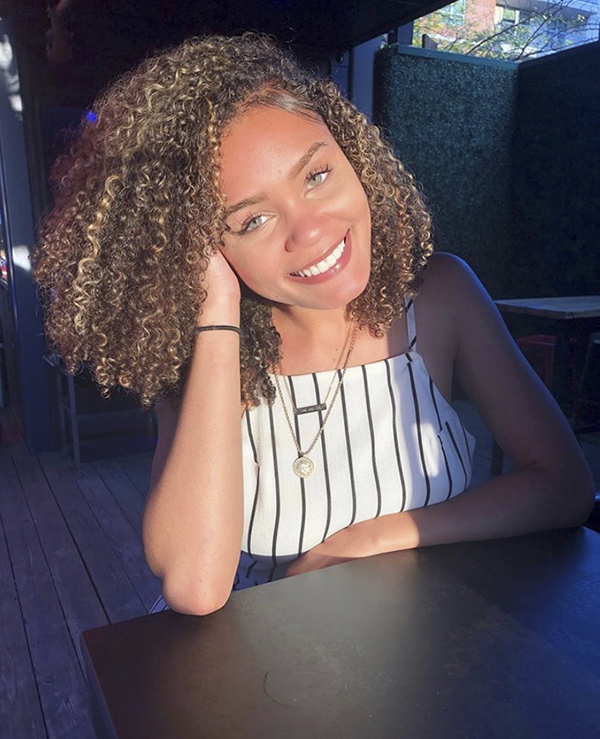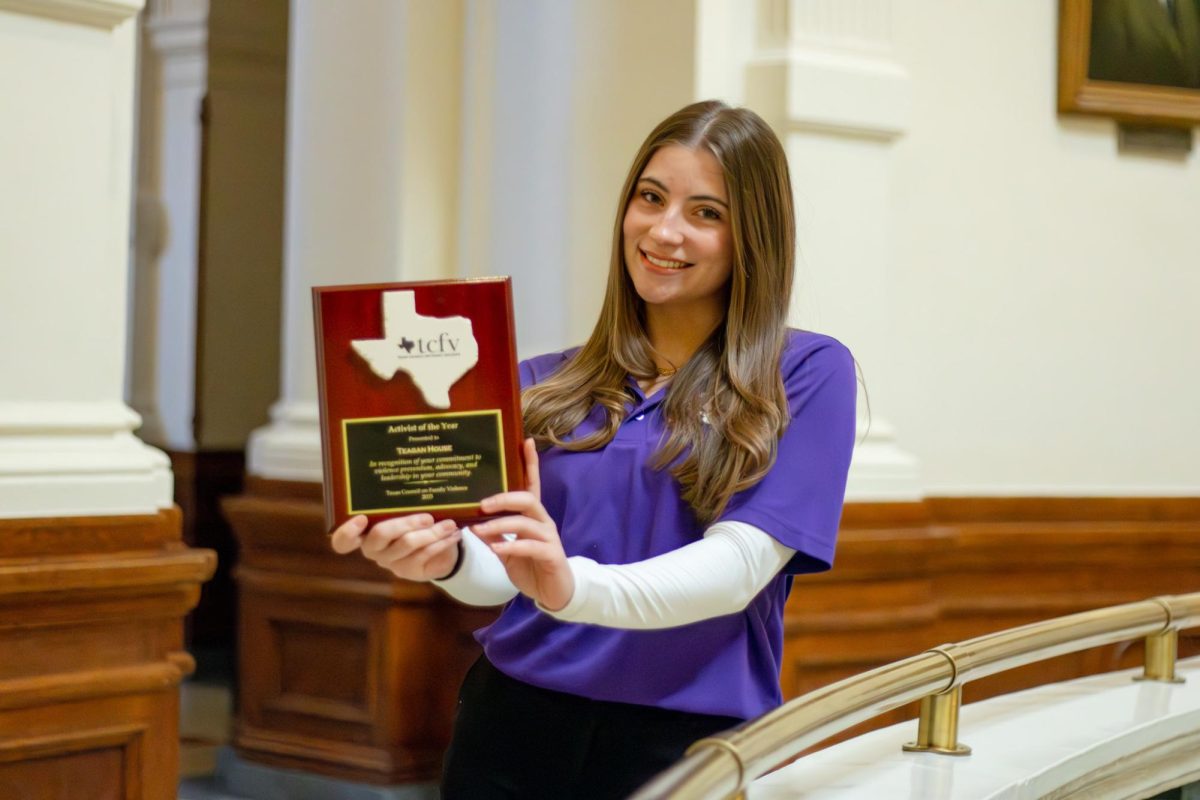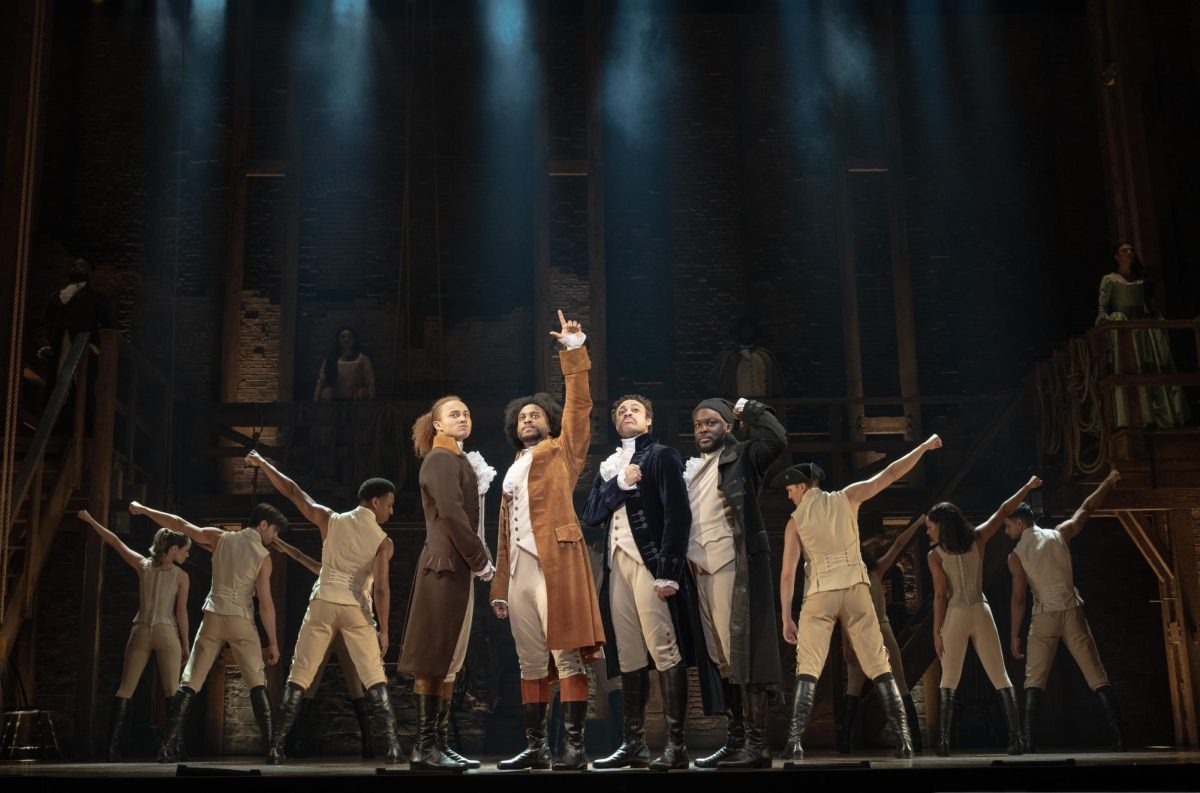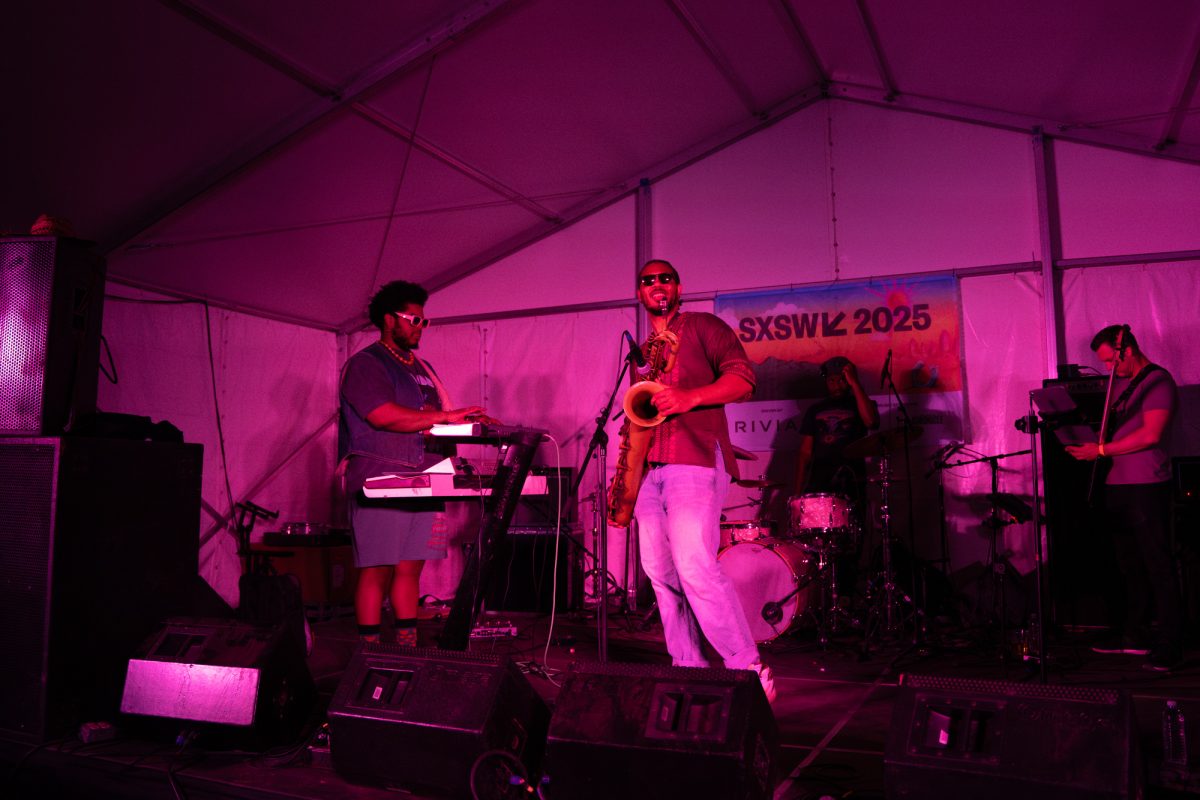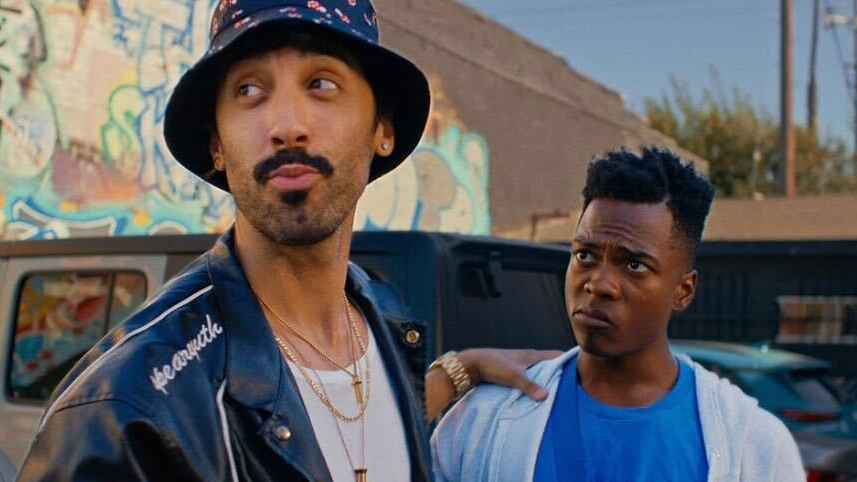After being an avid fan of video tutorials during her teenage years, UT alumna Lynette Adkins started a YouTube channel in 2018.
Shortly after posting her first vlog, Adkins noticed that her viewership increased quickly — current and prospective students were paying attention. Since then, she has used it to address topics ranging from travel and entrepreneurship to the obstacles Black students face at UT.
“I then realized there was an entire audience of people who wanted to see what life was like at UT, so I ran with it,” Adkins said.
As her audience grew, Adkins began to speak candidly about the challenges that she and other Black students have faced at UT, such as racism, microaggressions and lack of representation at a predominantly white institution.
“As a Black person, work, school and life in general can become extremely exhausting when you don’t see other people like you achieving things,” Adkins said.
Adkins said the systems within white institutions are not built for Black people.
“Many of us know that, but to go to school, start businesses and make pretty much any achievement, Black people have to believe they can do it, ” Adkins said. “For me, seeing Black people in media is so important because it takes away some of that anxiety and fear.”
When public health sophomore Darnell Forbes was preparing for his first year, he found Adkins’ videos while searching for YouTubers from the University.
“Her videos helped a lot in regards to describing the general experience at UT, regardless of major, and the Black experience at the University as well,” Forbes said. “I also found her videos about things that apply to many freshmen, such as dorms, study strategies and apartment finding, to be really helpful.”
After viewing much of Adkins’ content online, Richard Reddick, associate professor and associate dean for equity, community engagement and outreach in the College of Education, featured a part of her video when he presented his academic project about Black ecologies at a Harvard conference.
“She’s created and curated a very important awareness of what Black students at UT sense on campus,” Reddick said.
Representation of Black students in media is a meaningful way to validate their experience, Reddick said.
“(Media representation) is important because Black students are often rendered invisible, and their experiences are marginalized,” Reddick said. “It’s important because Black students experience predominantly white institutions differently than white students. Marginalization, hypervisibility and invisibility are aspects of their time in college.”
As a graduate, Adkins plans to continue her YouTube career and shift toward professional topics on her YouTube channel.
“This year I will begin making more content focused on entrepreneurship, lifestyle and traveling,” Adkins said. “I eventually want to make content full time and start a travel club for Black women.”
Ultimately, the impact of her videos extends far beyond a like or a comment, Adkins said. Her videos are candid about both the negative barriers and positive experiences that come with being a Black student on campus.
“I sometimes have people approach me on campus and tell me I’m part of the reason why they’re here, and that for me is the biggest accomplishment,” Adkins said. “I continue making content so Black people can see there’s a place for them here.”

